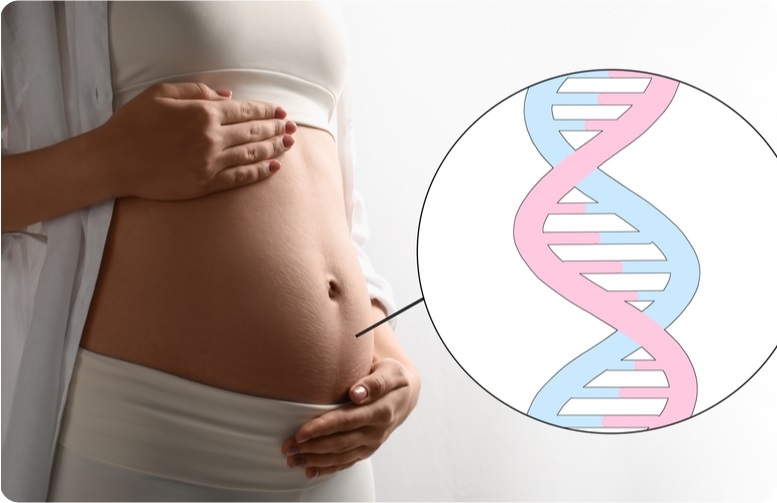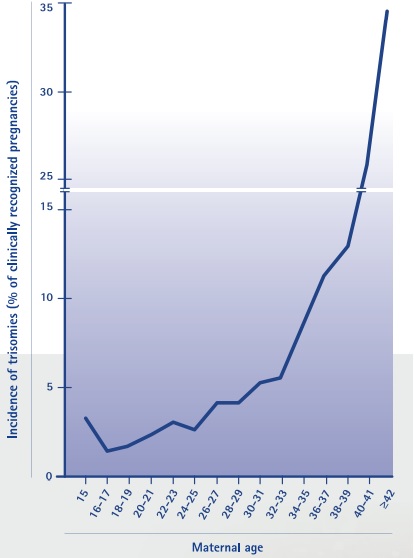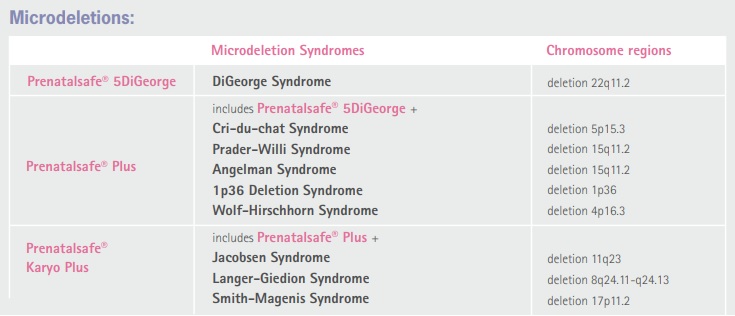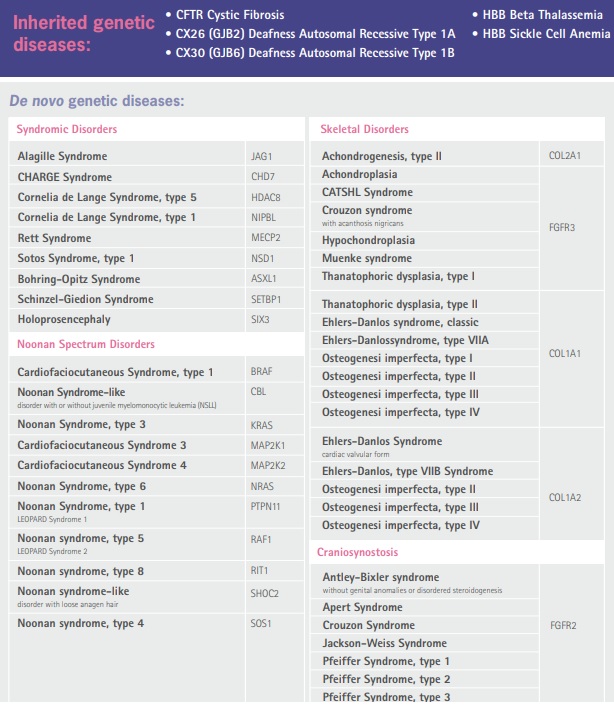What can be investigated with NIPT ?

WHAT CAN BE INVESTIGATED WITH NIPT?
1) Abnormalities in the number of chromosomes (Aneuploidies)
- Trisomy: Three copies of a chromosome
- Monosomy: Single copy of a chromosome
Among the most common:
- Trisomy 21 (Down Syndrome): 1 in 700 births
- Trisomy 18 (Edwards Syndrome): 1 in 3000 births
- Trisomy 13 (Patau Syndrome): 1 in 6000 births
Incidence increases with maternal age.

2) Abnormalities in the structure of chromosomes
- Deletion: Loss of a chromosome segment
- Duplication: Doubling of a chromosome segment
If these rearrangements are very small, they are called microdeletions and microduplications.
*Microdeletion 22q11.2 (DiGeorge Syndrome): incidence 1/2,000–4,000 regardless of maternal age.

3) Genetic Diseases
- De novo mutations: caused by DNA mutations that occur for the first time in the fetus
- Hereditary mutations: caused by mutations inherited from parents
It is important to specifically test for being a healthy carrier (someone who can transmit the disease but is unaffected).

*Click here to explore our NIPT (PrenatalSafe) test options!